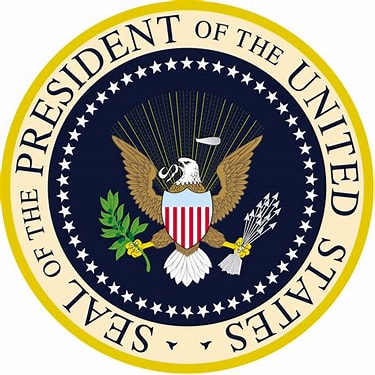
Foreign aid has long been crucial to international relations, shaping diplomatic landscapes and fostering global stability. It is a powerful instrument of soft power, allowing nations to influence others through attraction rather than coercion. While motives and effectiveness can be debated, the role of foreign aid in advancing national interests and humanitarian goals is undeniable. However, the suspension of assistance to certain countries has sparked complaints and raised questions about the responsibilities of aid-giving nations, particularly the United States. Let’s explore these dynamics.
The Soft Power Potential of Foreign Aid
Foreign aid enables nations to project their values and build goodwill globally. By providing financial and technical assistance to developing countries, donor nations enhance their image, strengthen diplomatic ties, and gain strategic advantages. Aid can promote democratic governance, economic development, and social stability, aligning recipient countries more closely with donor interests. This approach fosters mutual respect and cooperation, reducing conflicts and fostering a stable international environment.
Complaints from Countries with Aid on Hold
When foreign aid is put on hold, recipient countries often express frustration. These nations rely on aid to address poverty, healthcare, education, and infrastructure issues. Suspension disrupts progress and exacerbates challenges, straining diplomatic relations. Recipient countries argue that aid should transcend political considerations and be based on humanitarian principles. It should be understood that aid is meant to assist, not to create dependency. Instead, it should empower recipient countries to become self-sufficient and resilient.
Why It Is Unrealistic for the US to Take Care of the World
While the US plays a significant role in global aid, it is unrealistic to expect any nation to shoulder the responsibility of caring for the entire world. Global challenges, from poverty and disease to natural disasters and conflicts, are overwhelming. No country can address all these issues alone. Domestic priorities and budget constraints limit foreign aid. Sustainable development requires collective effort and partnership among nations, with multiple countries and organizations working together to create lasting solutions.
The Pitfalls of Promoting Pure Ideology
Foreign aid should avoid promoting pure ideology. While donor countries may wish to share their values, imposing rigid ideological frameworks can be counterproductive. Aid should prioritize practical solutions that address immediate humanitarian needs, respecting cultural contexts and governance structures. Focusing on humanitarian needs ensures that assistance is delivered where it is most needed and effective. Common sense should guide aid efforts, emphasizing tangible outcomes over ideological goals. This balanced approach fosters genuine progress and cooperation, reducing the risks of resentment, resistance, and conflict.
Conclusion
Foreign aid is an indispensable aspect of global diplomacy, serving as a potent soft power tool and fostering international cooperation and stability. The suspension of aid to certain countries underscores the complex interplay of politics, humanitarianism, and national interests. While the US bears significant responsibility to aid countries in need, it is unrealistic to expect any single nation to take care of the entire world. Addressing global challenges requires collective effort and partnership. Promoting pure ideology through aid can be detrimental, as practical solutions that respect local contexts are paramount. Ultimately, foreign aid remains a beacon of hope and a testament to the interconnectedness of our world.




